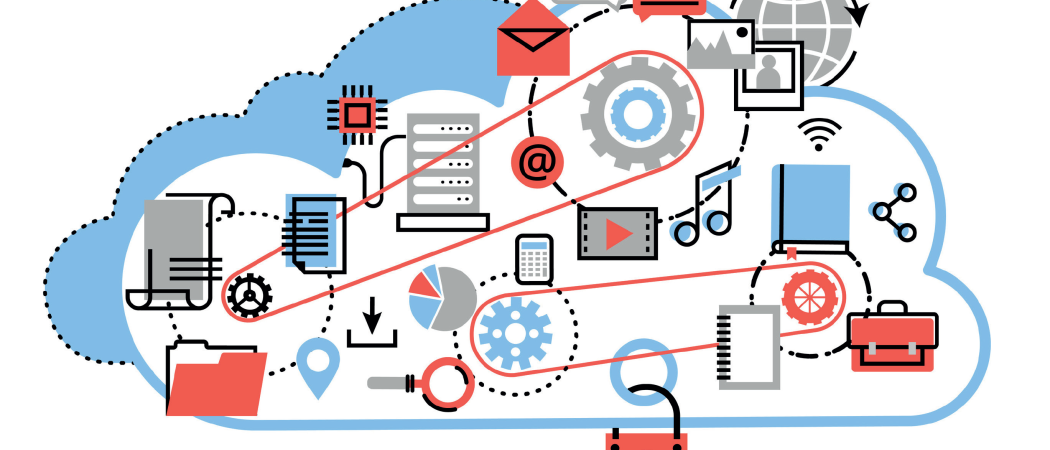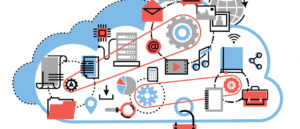New Science|Business paper explores how to link Europe’s new science cloud with similar initiatives elsewhere

Flying in the face of deglobalisation, Europe’s new science cloud will be open to the world. Recognising the value of harnessing global resources to combat climate change and other global challenges, the architects of the European Open Science Cloud (EOSC) are seeking to ensure it will dovetail with similar initiatives elsewhere.
If it is to become part of a vibrant global research ecosystem, the EOSC will need to allay concerns related to national security, privacy and confidentiality, commercial sensitivity and intellectual property rights, as well as worries about other countries freeriding on national research infrastructures. In some parts of the world, national pride may also be a barrier, as both the political and scientific establishments resist the notion that they depend on support from foreign scientists and research infrastructure.
A new report published by Science|Business makes a series of recommendations as to how the international scientific community can counter the zeitgeist of protectionism and technological competition between regions. In particular, it considers how to build support for open science across borders by pursuing reciprocity – the principle that both the EU and other countries will open up their research data, software and tools on the same basis.
Making digital assets findable, accessible, interoperable and reusable (FAIR) requires time and resources, so this approach needs to be adopted across the advanced economies, including China, to ensure no one region is at a competitive disadvantage. At the same time, different countries and regions could work together to connect their data discovery systems together, as Australia and South Korea are doing.
The new paper also highlights the need for an international governance framework for digital objects, such as data and software, that would help to build support for (and trust in) the principle of reciprocity. However, it contends there is no immediate need for a tribunal or formal dispute resolution process, akin to the World Trade Organisation. In the case of disagreements, it would be quicker and more constructive for scientists from different regions to engage with each other directly and negotiate a way forward.
Playing to regional strengths
At a strategic level, the EU could seek to partner with third countries to combine Europe’s thematic expertise in key scientific disciplines, such as aeronautics, transport technologies, energy and construction, with the data analytics and machine learning capabilities of North America and East Asia, so that the world as a whole benefits. The European Commission’s new European Strategy for Data calls for the creation of 10 “data spaces” that will pool public and private sector data related to specific sectors, such as health, agriculture and energy. The EOSC will be the basis for “a science, research and innovation data space” that will bring together data resulting from research and deployment programmes and “will be connected and fully articulated” with the other nine data spaces, according to a paper published by the European Commission earlier this month.
One of the most important enablers of open science is high quality metadata. Recognising that, the Science|Business paper calls for the development of an internationally-consistent way of indicating the quality of datasets and other data objects, such as software and tools, in metadata. The metadata, for example, could show whether the data has been peer reviewed, whether it has been employed by third-party users and whether there is a known bias in the data: Datasets that are found to be reliable by third parties could be marked higher, creating a kind of peer review system. Furthermore, an internationally-consistent approach to grading the sensitivity and security of datasets could help avoid situations where confidential data is inadvertently shared through open access cloud-based platforms.
The new Science|Business report is the product of meetings of the Cloud Consultation Group, a gathering of members of the Science|Business university-industry network with a special interest in the science cloud. They include experts from CERN, Elsevier, GÉANT, Microsoft and others. While drawing on the members’ expertise, the resultant paper is ultimately a statement of Science|Business and does not necessarily reflect the views of individual members.




